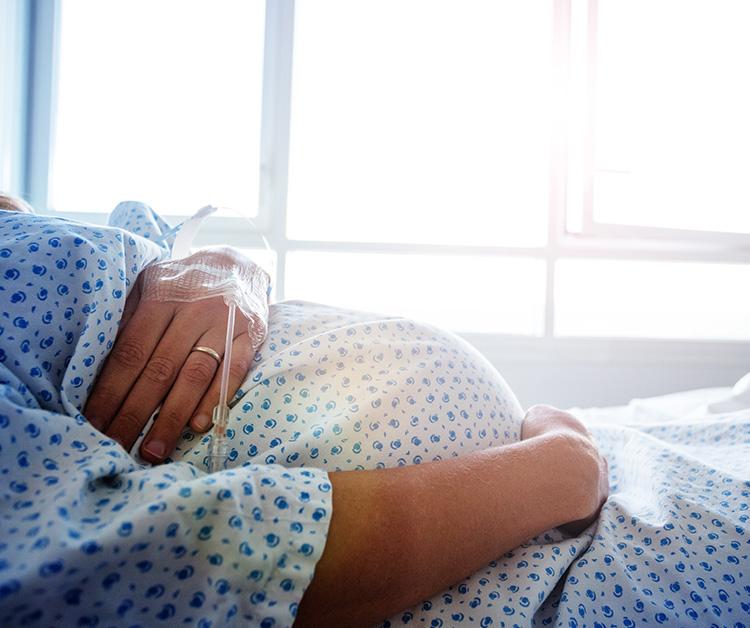
If you’re like most women, your labor and delivery won’t be anything like what you’ve seen in the movies. But it’s better.
Some women deliver very quickly. Others take what seems like days. Many start with contractions, while others feel nothing until their water breaks. In any event, here's what you can expect to happen (though you'll create your own order):
It's a good idea to time them, and call the doctor before racing off to the hospital.
Once there, you'll register or have a family member do it for you.
Here you'll change into a gown, and sign a bunch of forms. You'll be asked about your contraction times, and if your water has broken. A nurse will check your pulse, blood pressure, urine and cervical dilation.
This stage takes the longest, an average of 6-12 hours depending on if you've had children before. In the early phase, your contractions may feel like aching, or pressure and fullness. Walking sometimes helps. In the active phase, contractions are more frequent and last longer. Anywhere from 2-5 minutes apart. Try rocking in a chair or taking a warm shower to help. In the transition phase, contractions are 2-3 minutes apart and last 60-90 seconds apiece. This is hard work, but it's over quickly. Remember those breathing techniques you learned in childbirth class.
This happens once you're fully dilated. When there's enough room for your baby to pass through your cervix, you'll be asked to push to help your baby move through the birth canal. This stage ends when the baby is out and the umbilical cord is cut.
Congratulations. You did it. Labor isn't completely over, but the rest is easy.
This is the part when the placenta is expelled. It takes around 30 minutes, and you may feel some mild contractions until it's completely out of your body.
And there it is. The miracle of birth.
All information on Enfamil, including but not limited to information about health, medical conditions, and nutrition, is intended for your general knowledge and is not a substitute for a healthcare professional's medical identification, advice, or management for specific medical conditions. You should seek medical care and consult your doctor or pediatrician for any specific health or nutrition issues. Never disregard professional medical advice or delay seeking medical treatment, care, or help because of information you have read on Enfamil.